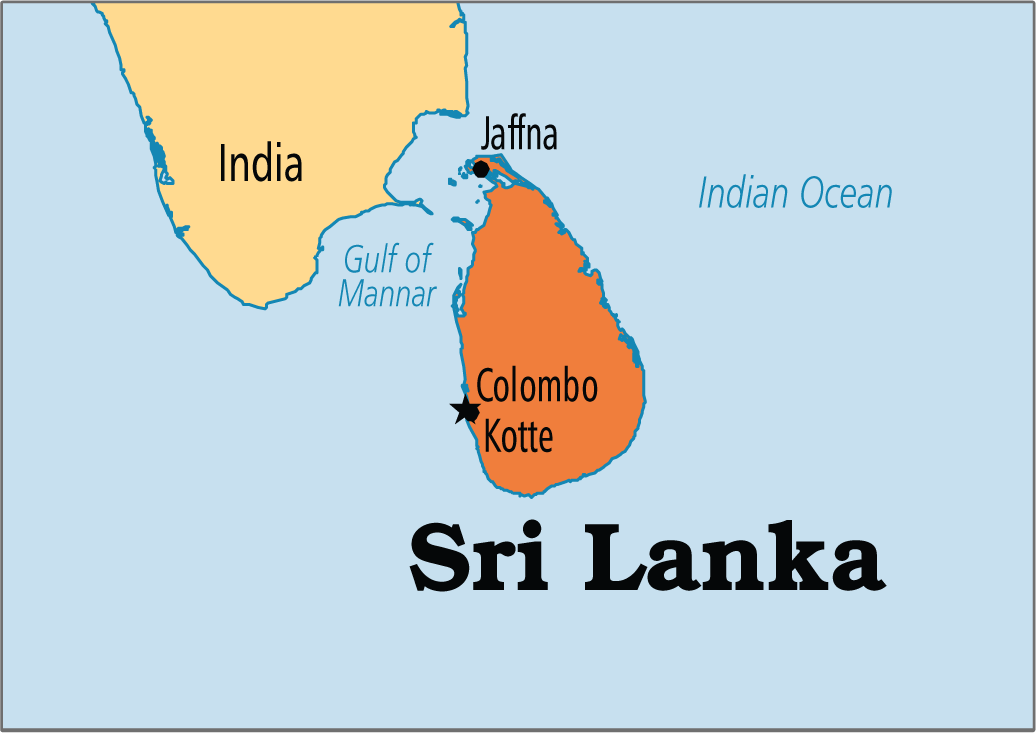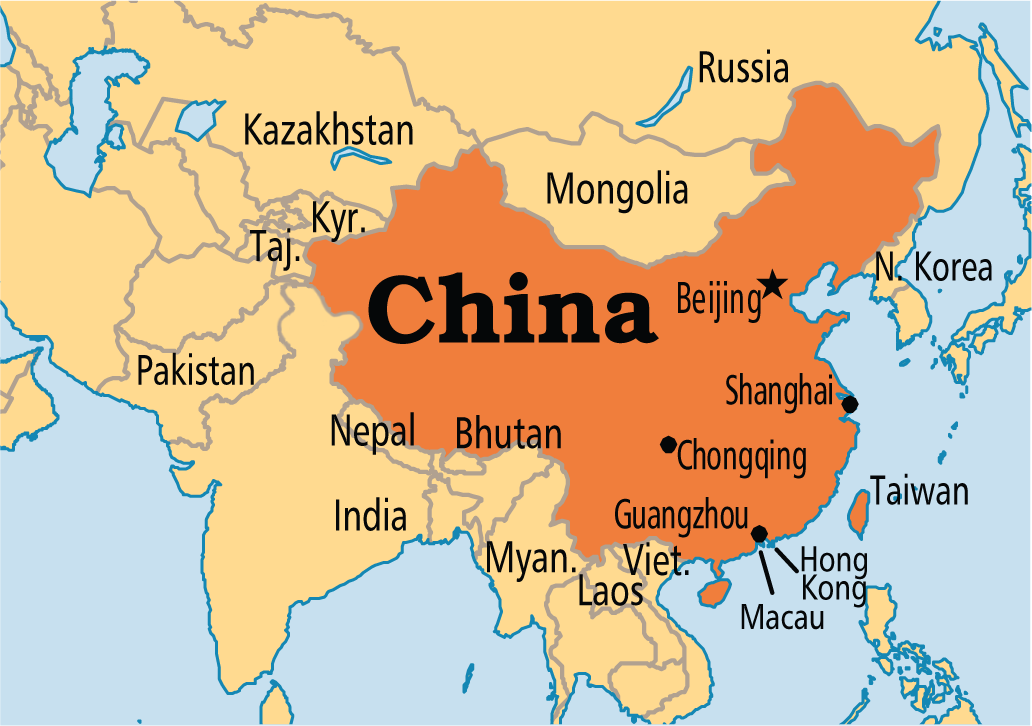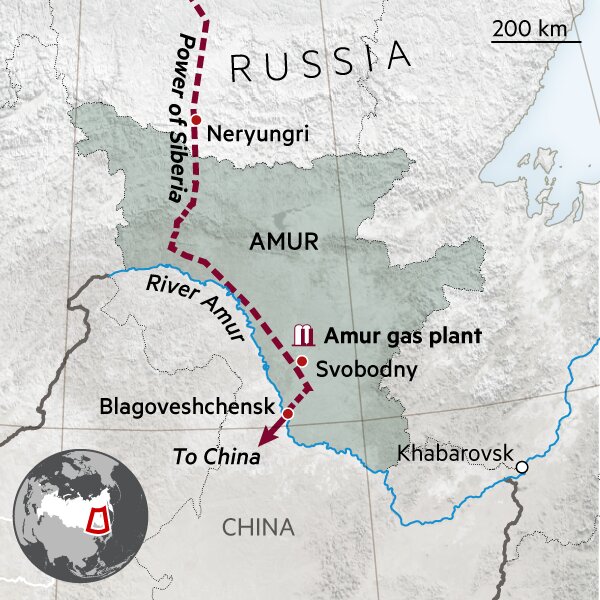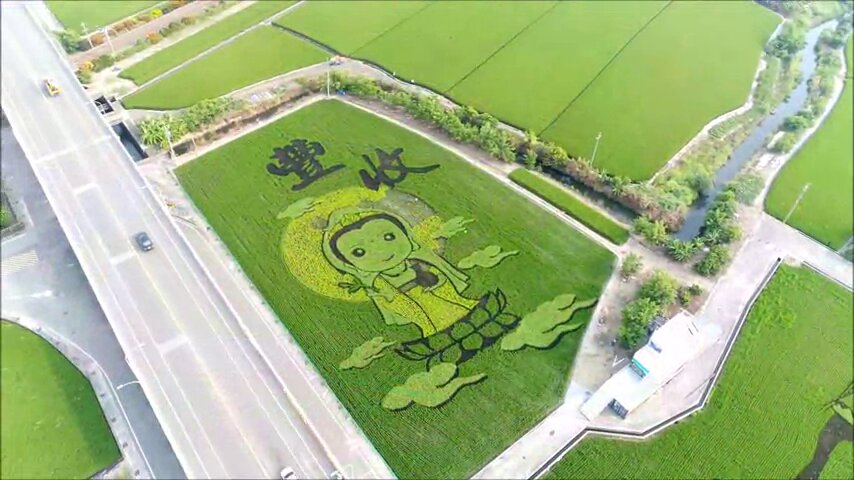International Relations
India- Sri Lanka
Why in News
The newly elected Sri Lankan President Gotabaya Rajapaksa visited India from 28th-30th November 2019.
- The Sri Lankan President played a major role in ending the country’s civil war (1983-2009).
- The President’s two brothers, Mahinda Rajapaksha and Chamal Rajapaksha, hold the position of the Prime Minister and Agricultural Minister respectively in Sri Lanka.
Sri Lanka’s Civil War
- Sri Lanka has been mired in ethnic conflict since the country, formerly known as Ceylon, became independent from British rule in 1948.
- After independence, the Sinhalese majority immediately began to pass laws that discriminated against Tamils (Hindu in religion), particularly the Indian Tamils brought to the island by the British.
- In 1972, the Sinhalese dominated government changed the country’s name from Ceylon to Sri Lanka and made Buddhism the nation’s primary religion.
- As ethnic tension grew, in 1976, the LTTE or the Liberation Tigers of Tamil Eelam was formed under the leadership of Velupillai Prabhakaran, and it began to campaign for a Tamil homeland in northern and eastern Sri Lanka, where most of the island’s Tamils reside.
- The conflict between the Sri Lankan government and LTTE lasted nearly three decades, ending in 2009 when the LTTE forces were finally defeated.
- The war was one of the longest-running civil wars in Asia.
Key Points
- Issues Discussed: Strengthening of trade ties, boosting maritime security, addressing concerns of the fishermen, fulfilling aspirations of Tamil community in Sri Lanka and to fight against terrorism.
- Line of Credit
- India extended a $400 million line of credit to Sri Lanka to help strengthen its infrastructure and economy.
- An additional $50 million to help Sri Lanka combat terrorism.
- Sri Lankan President extended an invitation to the Prime Minister of India to visit Sri Lanka at a mutually convenient time.
India - Sri Lanka Relations
- India is Sri Lanka's closest neighbour. The relationship between the two countries is more than 2,500 years old and both sides have built upon a legacy of intellectual, cultural, religious and linguistic intercourse.
- During the course of the civil war, India supported the right of the Government of Sri Lanka to act against terrorist forces.
- The Indian Housing Project is Government of India’s flagship project of developmental assistance to Sri Lanka. Its initial commitment is to build 50,000 houses for those affected by the civil war as well as for the estate workers in the plantation areas.
- Given the proximity of the territorial waters of both countries, especially in the Palk Straits and the Gulf of Mannar, incidents of straying of fishermen are common. Both countries have agreed on certain practical arrangements to deal with the issue of bona fide fishermen of either side crossing the International Maritime Boundary Line.
- India and Sri Lanka conduct joint Military ( 'Mitra Shakti') and Naval exercise (SLINEX).
- Recently, the Chennai (India) -Jaffna (Sri Lanka) flight service has resumed after a gap of 41 years.
- The flight operations were suspended during the decades-old civil war in Sri Lanka.
Biodiversity & Environment
COP25 Climate Summit
Why in News
The 25th edition of the Conference of the Parties to the United Nations Framework Convention on Climate Change (UNFCCC) or COP25 has begun from December 2 in Madrid (Spain).
- Originally, the Summit was scheduled to be held at Chile (South America) but violent mass movement across the country made Chile reluctant from hosting the event.
- The location of this conference is rotated every year in different regions of the world. This year it was the turn of South America to host the event.
Agenda for COP25
- The prime objective of the conference is to complete the rule-book to the 2015 Paris Agreement that will become effective in 2020 to replace the 1997 Kyoto Protocol (comes to an end in 2020).
- The issues like the creation of new carbon markets, emission reduction targets, country’s individual targets, etc. remained unresolved during COP24 at Katowice (Poland) 2019. Thus the rulebook under the Paris Agreement could not be finalized.
Kyoto Protocol
- The Kyoto Protocol is an international agreement linked to the UNFCCC, which commits its parties by setting internationally binding emission reduction targets.
- The Kyoto Protocol was adopted in Kyoto, Japan in 1997 and entered into force in 2005.
- It recognized that developed countries are principally responsible for the current high levels of GHG emissions in the atmosphere as a result of more than 150 years of industrial activity.
- The detailed rules for the implementation of the Protocol were adopted at COP-7 in Marrakesh, in 2001 and are referred to as the Marrakesh Accords.
- Kyoto Protocol Phase-1 (2005-12) gave the target of cutting down emissions by 5%.
- Phase- 2 (2013-20) gave the target of reducing emissions by at least 18% by the industrialized countries.
- The summit will also discuss the functioning of international emissions trading systems, compensation for poor countries to deal with rising sea levels and other consequences of climate change.
- It will consider the Annual Emissions Gap Report, produced by the UN Environment Programme (UNEP) and a series of reports from the Intergovernmental Panel on Climate Change (IPCC).
- Both the reports summarise that the goal of keeping average temperatures within 1.5°C from pre-industrial times is “on the brink of becoming impossible.'' As the overall emissions are still increasing worldwide.
- The processes and methods of reporting information about climate change would be fixed during the summit. Specifically, the developing countries will try to ensure that there are greater appreciation and recognition of the issue of loss and damage due to climate change.
- There is a demand to institute a mechanism to compensate countries that suffer major losses due to climate change-induced events like cyclones or floods.
- It puts into efforts for committing to a long-term action plan to fight climate change.
- So far only 71 countries, most of them small emitters, have committed themselves to achieve net-zero emissions by 2050.
India’s Agenda
- India is unlikely to announce any enhanced targets during the summit.
- India’s current efforts are already much more compared to even rich and developed countries. Thus, India will reiterate its stand for ”Common but Differentiated Responsibilities”.
- Developed countries are major contributors to climate change and they are doing proportionately less, especially when it comes to providing finance and technology to the less developed world.
Carbon Market
- A carbon market allows countries, or industries, to earn carbon credits for emission reductions they make in excess of what is required of them.
- These credits can be traded to the highest bidder in exchange for money.
- The buyers of carbon credits can show the emission reductions as their own and use them to meet their own emission reduction targets.
- A carbon market already existed under the 1997 Kyoto Protocol but several countries walked out of the Kyoto Protocol and thus the demand for carbon credits had waned.
- As a result, developing countries like India, China and Brazil had accumulated huge amounts of carbon credits. These credits are now in danger of getting redundant.
Indian Polity
Validity of Oaths taken by Ministers
Why in News
During the oath-taking ceremony of the new government, the Chief Minister of Maharashtra with other ministers has altered the oath by invoking the names other than mentioned in the Constitution.
Constitutional Provisions
- Article 164(3): It states that before a Minister enters upon his office, the Governor shall administer to him the oaths of office and of secrecy according to the forms set out in the Third Schedule.
- Article 164 makes it clear that the text of the oath is sacrosanct, and the person taking the oath has to read it out exactly as it is, in the given format.
- Third Schedule: It requires the taker of the oath to either “swear in the name of God” or to “solemnly affirm” to “bear true faith and allegiance to the Constitution”.
- Role of the Governor: If a person wanders from the text of the oath, it is the responsibility of the person administering the oath — in this instance, the Governor — to interrupt and ask the person being sworn in to read it out correctly.
- Once Governor takes it as read, and the Secretary to the Governor has attested that the oath has been administered, it cannot be legally challenged.
| Schedule Number | Subject Matter |
| First Schedule | Names of the States and Union Territories with their territorial jurisdiction. |
| Second Schedule | Provisions relating to the emoluments, allowances, privileges. |
|
Third Schedule |
Forms of Oaths or Affirmations. |
| Fourth Schedule | Allocation of seats in the Rajya Sabha to the states and the union territories. |
| Fifth Schedule | Provisions relating to the administration and control of scheduled areas and scheduled tribes. |
| Sixth Schedule | Provisions relating to the administration of tribal areas in the states of Assam, Meghalaya, Tripura and Mizoram. |
| Seventh Schedule |
Division of powers between the Union and the States in terms of List I (Union List), List II (State List) and List III (Concurrent List). |
| Eighth Schedule | Languages recognized by the Constitution. |
|
Ninth Schedule |
Acts and Regulations of the state legislatures dealing with land reforms and abolition of the zamindari system and of the Parliament dealing with other matters. |
| Tenth Schedule |
Provisions relating to disqualification of the members of Parliament and State Legislatures on the ground of defection. |
| Eleventh Schedule |
Specifies the powers, authority and responsibilities of Panchayats. |
| Twelfth Schedule |
Specifies the powers, authority and responsibilities of Municipalities. |
Instances of Deviation
- In 1990, the oath by Devi Lal as Deputy Prime Minister was challenged as being unconstitutional as the Constitution provides for the provisions of Prime Minister and ministers' oath only.
- The Supreme Court upheld the oath as valid and stated that describing a person as Deputy Prime Minister is descriptive only and such description does not confer on him any powers of Prime Minister.
- It also ruled that the description of a minister as Deputy Prime Minister or any other type of ministers such as minister of state or deputy minister of which there is no mention in the Constitution does not vitiate the oath taken by him so long as the substantive part of the oath is correct.
- In 2012, Azam Khan (then a member of Uttar Pradesh Legislative Assembly) had to retake his oath after he skipped the oath of office of a cabinet minister, and only took the oath of secrecy.
Governance
Data Bank of Independent Directors
Why in News
Recently, the Ministry of Corporate Affairs launched the Independent Directors Databank in accordance with the provisions of the Companies Act, 2013 and the rules made thereunder.
Background
- The ministry was working on ways to strengthen the framework for independent directors, who have an important role in ensuring good corporate governance practices at companies.
- It seeks to make the process stringent because in many cases political appointees with standard financial background were also getting rehabilitated in several companies as independent directors.
- Recent Infrastructure Leasing and Financial Services (IL&FS) crisis highlighted the reckless grading by credit rating agencies who liberally granted and downgraded the companies as per their wish and got away with it.
- Apart from the launch of Independent Directors Bank, the government has also decided to conduct examinations for appointments of independent directors in which a score of 60% marks will be mandatory criteria for qualification.
- The change is in line with the amended Companies Act. The government will also maintain a database of professionals qualifying in the test that can be used by companies looking to expand their board or making fresh appointments under the current regulations.
Significance
- Independent directors must not assume a passive role, merely reacting to ideas foreseen by the controlling shareholder or their appointees. They should be willing to question the status quo in the interest of shareholders not play a risk-free mute spectator limiting to attending just number of board meetings.
- Strict accountability and eligibility will curb promoters placing their own ineligible candidates and family members on the listed company boards.
- The concept of the institution of Independent Director is of utmost importance for Corporate Governance who should act act as the trustees of stakeholders.
Data Bank
- It has been developed and maintained by the Indian Institute for Corporate Affairs (IICA) under Ministry of Corporate Affairs.
- It is a first of its kind initiative which provides for a wide array of e-learning courses on various topics including the Companies Act, Securities laws, basic accountancy, board practices, board ethics and board effectiveness.
- It provides an easy to access navigation platform for the registration of existing Independent Directors as well as individuals aspiring to become independent directors.
- Companies can register themselves with the databank to search, select and connect with individuals aspiring to be Independent Directors.
Independent Director
- An Independent Director (also sometimes known as an outside director) is a director on a board of directors representing minority shareholders and who does not have a pecuniary relationship with the company or related persons, except for sitting fees.
- Their role is to take a stand unambiguously and independently to have a check and balance on the exuberance of majority shareholders that may expose the company to unwarranted risks.
- The Companies Act, 2013 has mandated all listed public companies to have at least one-third of the total Directors to be independent.
- Their role requires them to be clinical while businesses expect them to be practical, that’s the tight rope they walk on.
Indian Polity
Code of Conduct for Lok Sabha MPs
Why in News
The Lok Sabha Ethics Committee is all set to form a code of conduct for the Members of Parliament (MPs) in the Lok Sabha.
- In the backdrop of recent incidents, it has become necessary that the MPs follow certain decorum in speaking inside the House as well as outside.
- A Code of Conduct is also necessary because of advancements of new technologies in the communication sector. The remarks on the floor of the House spread fast, even if they are expunged from the records.
Code of Conduct: Evolution
- A code for Union ministers was adopted in 1964, and state governments were advised to adopt it as well.
- In the case of MPs, the first step was the constitution of Parliamentary Standing Committees on Ethics in both the Houses.
- The Committee in Rajya Sabha was inaugurated in 1997 to oversee the moral and ethical conduct of the Members and to examine the cases referred to it with reference to ethical and other misconduct of Members.
- The first Ethics Committee in Lok Sabha was constituted in the year 2000.
Code of Conduct in Rajya Sabha
- A 14-point Code of Conduct for members of the House has been in force since 2005. These include:
- Private interests are subordinate to the duty of the public office.
- Public interest is not jeopardised.
- Members should never expect or accept any fee, remuneration or benefit for a vote given or not given by them on the floor of the House, for introducing a Bill, etc.
- Members must not do anything that brings disrepute to the Parliament and affects their credibility.
- Members must utilise their position as Members of Parliament to advance general well-being of the people.
- Members should not be disrespectful to any religion and work for the promotion of secular values.
- Members should keep uppermost in their minds the fundamental duties listed in part IVA of the Constitution.
- Members are expected to maintain high standards of morality, dignity, decency and values in public life.
- A ‘Register of Member’s Interests’ maintained under the Rules of Procedure and Conduct of Business in the Council of States states is available to Members for inspection on request. The Register is also accessible to ordinary citizens under the Right To Information (RTI) Act, 2005.
Code of Conduct in Lok Sabha
- The Ethics Committee has been constituted for every newly elected Lok Sabha (since 13th Lok Sabha) .
- The Ethics Committee was mandated in August 2015 to formulate a code of conduct for Lok Sabha members and suggest amendments to the code from time to time.
- The Committee examines every complaint relating to unethical conduct of a member of Lok Sabha referred to it by the Speaker and make such recommendations as it may deem fit.
International Practice
- In the United Kingdom of Britain (UK), a code of conduct for MPs was “prepared pursuant to the Resolution of the House of 19 July 1995”
- The Canadian House of Commons has a Conflict of Interest and Ethics Commissioner with powers to examine violations of the Conflict of Interest Code at the request of another Member or by Resolution of the House or on his own initiative.
- Germany has had a Code of Conduct for members of the Bundestag since 1972;
- The United States of America (USA) has had a Code since 1968.
- Pakistan has a Code of Conduct for members of the Senate.
Important Facts For Prelims
Particularly Vulnerable Tribal Groups
Why in News
Ministry of Tribal Affairs has implemented the scheme of “Development of PVTGs” which covers 75 Particularly Vulnerable Tribal Groups (PVTGs) for their comprehensive socio-economic development.
- Under the scheme, State Governments submits Conservation-cum-Development (CCD) plans on the basis of their requirement.
- 100% grants-in-aid are made available to States as per the provisions of the scheme.
Particularly Vulnerable Tribal Groups (PVTGs)
- In India, tribal population makes up for 8.6% of the total population.
- PVTGs are more vulnerable among the tribal groups. Due to this factor, more developed and assertive tribal groups take a major chunk of the tribal development funds because of which PVTGs need more funds directed for their development.
- In 1973, the Dhebar Commission created Primitive Tribal Groups (PTGs) as a separate category, who are less developed among the tribal groups. In 2006, the Government of India renamed the PTGs as PVTGs.
- In this context, in 1975, the Government of India initiated to identify the most vulnerable tribal groups as a separate category called PVTGs and declared 52 such groups, while in 1993 an additional 23 groups were added to the category, making it a total of 75 PVTGs out of 705 Scheduled Tribes.
- PVTGs have some basic characteristics - they are mostly homogenous, with a small population, relatively physically isolated, absence of written language, relatively simple technology and a slower rate of change etc.
- Among the 75 listed PVTG’s the highest number are found in Odisha.
Important Facts For Prelims
Exercise Hand-in-Hand
- The 8th India-China joint training exercise 'HAND-IN-HAND 2019' with the theme of ‘Counter Terrorism’ under United Nations mandate is scheduled to be conduct at Umroi, Meghalaya from 7th to 20th December 2019.

- The aim of the exercise is to practice joint planning and conduct of counter terrorist operations in semi urban terrain.
- In 2018, the exercise was held in Chengdu, China.
- The exercise didn’t take place in 2017 due to the 72-days long standoff between Indian and Chinese troops in Doklam.
Important Facts For Prelims
Power of Siberia
Recently China and Russia have inaugurated cross border gas pipeline named “Power of Siberia”.
- It is the first cross-border gas pipeline between Russia and China.
- Under this pipeline project, Russia will deliver 1 trillion cubic meters of natural gas to China over the next 30 years.
- The pipeline will pass through the deltas of the Yangtze and Amur rivers of China.
- The new pipeline is an emblem of closer energy integration in Eurasia, with Russia and China as the key partners.
Important Facts For Prelims
Navy Gets its First Woman Pilot
Why in News
Recently, Sub Lieutenant Shivangi Swaroop became the first pilot in the Indian navy after qualifying as a Dornier pilot.
- Earlier, Bhawana Kanth, Avani Chaturvedi and Mohana Singh became the first women fighter pilots in the Indian Air Force.
Dornier aircraft
- It is a multi-role Short Range Maritime Reconnaissance (SRMR) aircraft, with twin-engine manufactured by Hindustan Aeronautical Ltd. (HAL), Kanpur.
- The aircraft can be used for electronic warfare missions, maritime surveillance, search and rescue and to provide targeting data to weapon platform.
- It is an important contribution towards indigenous development and self-reliance through ‘Make in India’, with state-of-the-art sensors and equipment including a glass cockpit, advanced surveillance radar, optical sensors and networking features.
Important Facts For Prelims
Tanbo Art
Why in News
A progressive farmer in Kerala is using Tanbo Art (a 3D art form) to depict the celebrated Guruvayur temple elephant that died in 1976.
- The farmer used several indigenous varieties of rice like Krishna Kamod, Gandhakasala and Jeerakasala to give shape to the image.
- Tanbo Art is a rice paddy art developed by the farmers of Inakadate village in Japan about three decades ago to beautify their paddy fields.
- They drew huge replicas of famous paintings, including Mona Lisa, by growing rice crops with fronds of different colours.





